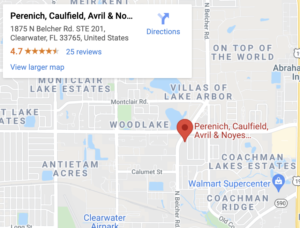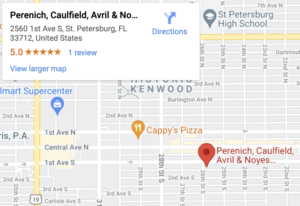
Most personal injury claims ultimately settle at the bargaining table. Although claimants frequently file lawsuit complaints, only a few of these complaints ever result in a trial. Otherwise, courts would get so clogged with personal injury claims that you might have to wait years for a verdict.
Once the parties sign a settlement agreement, however, you cannot file a lawsuit, and you cannot renegotiate the terms of the settlement.
Table of Contents
Get Full Medical Treatment Before Negotiating Your Personal Injury Claim

You cannot know the true value of your claim until you receive full medical care. If your injuries are long-term, however, waiting until you reach maximum medical improvement (MMI) might cause you to miss the statute of limitations deadline for filing a personal injury lawsuit.
You must file your claim quickly enough to beat the statute of limitations deadline.
Determining the Value of Your Personal Injury Claim
Personal injury compensation usually amounts to more than just enough money to pay your medical bills. The major components of a typical personal injury claim, such as a medical malpractice claim, include the following items:
- Past, present, and future medical bills;
- Past, present, and future lost earnings; and
- Non-economic damages such as pain and suffering and mental anguish.
If you suffered a serious injury, you may need ongoing medical care, and you may suffer from an occupational disability. In such cases, you will need a skilled personal injury lawyer to determine the value of your future medical bills and lost earnings. You have to get this one right the first time around because once you settle your claim, you cannot change and ask for more money later.
Other elements often come into play as well. If your injuries kept you in bed or in the hospital for a long time, you may incur large childcare bills. Once in a while, when the defendant’s conduct is outrageous, a court will award punitive damages on top of the compensatory damages already mentioned above.
Calculating the Value of Your Claim on Your Own
It is unlikely that you can accurately calculate the value of your own personal injury claim. Even a personal injury lawyer will not know its value until they interview you and perhaps conduct an investigation. Under no circumstances should you settle your claim until you are aware of its value in dollars and cents.
Insurance Company Policy Limits: A Practical Limitation
Most personal injury compensation comes from an insurance company. No matter how much your claim is worth, the insurance company is not legally obligated to pay you any more than the amount of the coverage limits stated in the policy.
If coverage limits are $50,000, for example, and if your damages are $700,000, the insurance company has no obligation to pay you any more than $50,000. Fortunately, a skilled personal injury lawyer might locate alternative sources of compensation that you can rely on.
Sending a Demand Letter
Sending a demand letter is the first step in the negotiation process. In a demand letter, you provide a bare-bones description of the accident, your injury, and the value of your claim. You demand that the insurance company pay the amount of your claim at least up to its policy limits. Finally, this letter should state that you reserve the right to legal action if the insurance company refuses to pay your claim.
The Insurance Company’s “Reservation of Rights” Letter
If you file a personal injury claim against an insurance company, the insurance company will send you a “reservation of rights” letter. In a reservation of rights letter, the insurance company informs you that it will not pay your claim unless the terms of its policy cover your claim. Don’t worry about this. These letters are a routine part of the personal injury settlement process.
The “Back and Forth” Phase
For a while, negotiations will consist of a “back and forth” process that, in certain ways, resembles a game of ping-pong: offer, counteroffer, rejection, explanation, argument, another offer, etc. This typically takes place over the telephone, but it can take place over email. The entire process can take several weeks or several months. Only rarely do negotiations take years to resolve.
The Settlement Agreement
You cannot resolve a personal injury dispute on a handshake. For your settlement to be legally binding, both parties must sign a written settlement agreement. Since the exact wording of the settlement agreement is critically important, hire a lawyer to draft the agreement for you. At the very least, you should have a lawyer review the draft agreement for errors.
Although the opposing party may quibble with you on the exact terms of the settlement agreement, your lawyer will know which demands to agree to and which demands to refuse. You can enforce a signed settlement agreement just like any other contract.
Self-Representation is Usually Not a Good Idea
You might represent yourself in a small personal injury claim. If your claim is sizable, however, it is wise to hire an experienced personal injury lawyer. Most personal injury lawyers offer free consultations. They are not likely to exaggerate the value of your claim just to win your business; the less your claim is worth, the less money they will make, even if you win.


